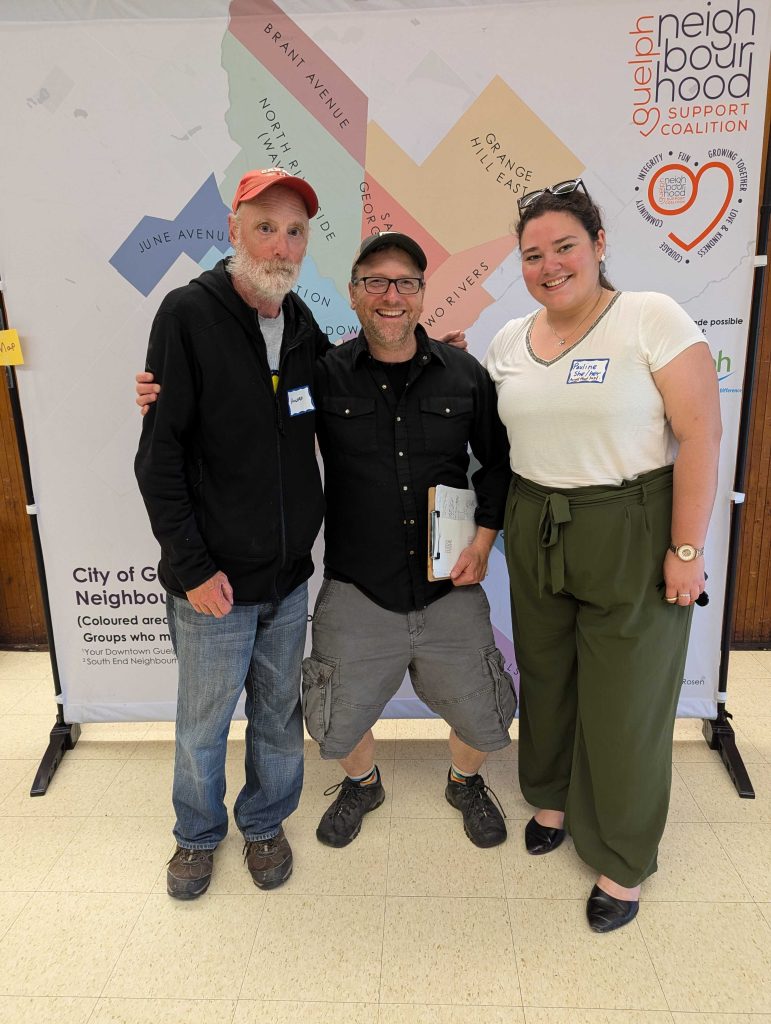Food security, achieved when all individuals have reliable access to sufficient, safe, and nutritious foods, is a cornerstone of any robust food system and essential for a thriving society.
Yet, due to a combination of economic, social and environmental factors, food insecurity is continually rising and threatening the well-being of our communities and the efficiency of our food systems. According to the Food and Agriculture Organization, food insecurity refers to the lack of regular access to enough nutritious and safe foods for normal growth and development and to lead an active and healthy life.
Food insecurity affects communities, regions, and nations in varied and widespread ways, with significant implications at both local and global levels. Local community organizations play a critical role in tackling food insecurity by implementing targeted, grassroots initiatives that address the unique needs of their populations. Collaborations are vital in community food security initiatives because they bring together diverse resources, expertise, and perspectives to address complex food system challenges.
Collaborative Solutions for Food System Challenges
Pauline Cripps has recently joined the team at Arrell Food Institute (AFI) as the Community Food Lead. This role is newly formed from a collaborative decision between the City of Guelph, Wellington County, and AFI.
The Community Food Lead position was born out of the Our Food Future initiative in Guelph-Wellington, which aimed to create a regional circular food economy by rethinking the production, distribution, sales, and consumption of food.
Cripps became involved with Our Food Future through its Nutritious Foods Workstream during her time with the Guelph Food Bank. The Nutritious Foods Workstream aimed to increase access to affordable nutritious food in Guelph-Wellington.
“The Community Food Lead position combines my favourite aspects from my role at the Guelph Food Bank, now focused and dedicated in a full-time capacity”, comments Cripps.
Cripps’ role involves continuing some of the initiatives from the Nutritious Foods Workstream while fostering connections for further collaborative programming within the community.

Building Resiliency Within Our Food Systems
One of these initiatives is the Food System Resiliency Table, or The Table, which is a regional food policy and programming working group that brings together a multi-sectoral cross-section of community leadership.
Cripps provides coordination support to the Food Systems Resiliency Table, facilitating collaboration among its members to enhance food system resilience. Since taking on her new role, she has been reconnecting with group members to discuss their goals and visions for the Table’s future. This involves engaging with partners to gain insights, aligning objectives with the Table’s mission, and identifying opportunities for innovation. She aims to ensure the Table is well positioned to effectively address evolving challenges and opportunities within the local food systems landscape.
Food Security at U of G
Cripps also supports food security initiatives taking place on campus, such as the Campus Food Market and the Food Security Working Group.
“I work with on-campus programming in a support capacity including information sharing, discussing best practices, and community building. I hope to fill the space as a connector between campus-based and community-based food security initiatives”, comments Cripps.
Looking to the Future
When speaking on her goals for the future, Cripps hopes to leverage her previous connections and the network of experts at Arrell Food Institute. She hopes to build upon her work towards strengthening the food systems that impact food security within our local communities.
“At AFI, you have access to all these experts in the different facets of food systems. No individual food security program has access to this number of resources and knowledge. The level of expertise at AFI contributes to a solid evidence base that helps to strengthen and amplify this work”, says Cripps.
To stay connected with Pauline Cripps, follow along with AFI on our social accounts or website, or connect with her directly through her email at pcripps@uoguelph.ca.
Follow the Food System Resiliency Table on their Instagram account to stay connected @the_tablegw.
This content is part of our series on Food Day Canada. To learn more about Food Day Canada, view our webpage or head to the official Food Day Canada website.